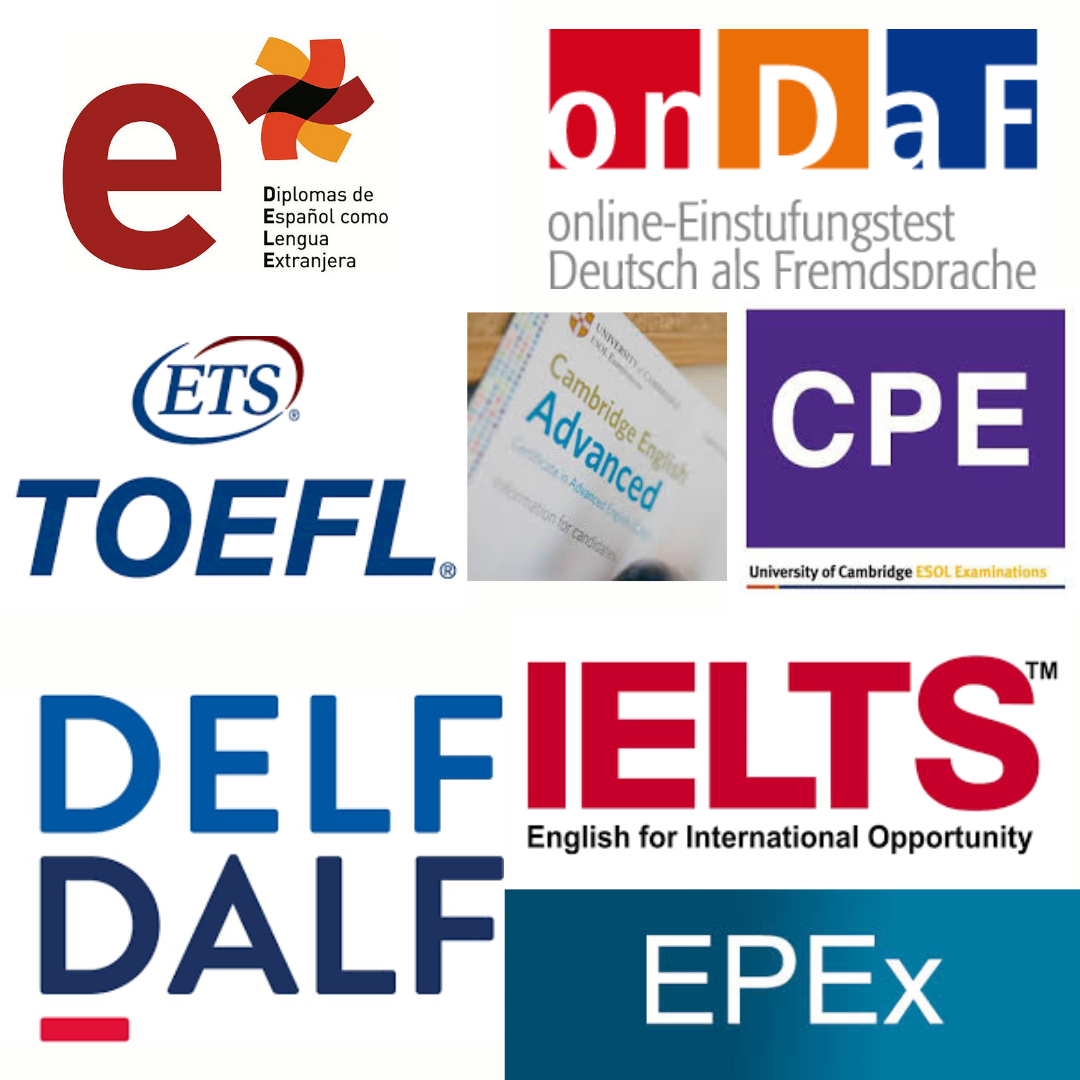UFSC signs cooperation agreement for implementation of Master’s degree at the Universidade de Timor-Leste

From left to right: Maurício Medeiros de Assis and Bendito Freitas. Source: article from “Último Jornal”, Radio-Televisão Timor Leste (RTTL) newspaper
This past Friday, 18 August, the ambassador of Brazil in Timor-Leste, Maurício Medeiros de Assis, and the minister of Foreign Affairs and Cooperation, Bendito Freitas, signed a cooperation agreement involving the Universidade Federal de Santa Catarina (UFSC) and the Universidade Nacional Timor Lorosa’e (UNTL), in Timor Leste, in order to implement the Master’s degree in Education at UNTL, a regular program of the Faculty of Education, Arts and Humanities (FEAH). With the signing of the agreement, Brazilian professors will go to Timor Leste to give classes at UNTL for a period of two years. The project also involves the coming of Timorese professors to Brazil.
“This is a long-standing demand that was initially formulated more than ten years ago which involves UNTL, UFSC and the Brazilian Cooperation Agency as the executing entity”, says Maurício Medeiros de Assis. The ambassador adds: ”this cooperation has an important impact on Timorese academic production, helping Timor Leste to take a leading role in the academic area”.
UFSC has maintained a cooperation agreement with UNTL since 2016, but with this new agreement, the internationalization policy aimed at South-South cooperation of both universities will be further strengthened. The cooperation between UFSC and Timor Leste has a long history and is conducted by the Studies and Research Group “Discourses of Science and Technology in Education” from the Graduate Program in Science and Technology Education (PPGECT).
Prof. Dr Suzani Cassiani, leader of the Studies and Research Group and coordinator of the cooperation agreement between UFSC and UNTL, shares her vision on the journey of establishing a transformative master’s degree on Timorese soil. In her words, “In Timor-Leste, the educational demands are considerable and the challenges are numerous. Typical of a post-conflict country that gained its independence in 2002 and is under reconstruction. We have lecturers at UNTL who have only an undergraduate degree and need to seek for improvement. In addition, we have young people who recently completed their undergraduate teaching degree and are facing a shortage of options to pursue their studies.”
According to professor Cassiani, it was during a CAPES mission in Timor-Leste, in 2009, that the dream of establishing a master’s degree was first pointed out. “At that time, UNTL had only three doctors. However, by 2020, the situation had changed dramatically, with the Faculty of Education, Arts and Humanities (FEAH) totaling 15 doctors, many graduated in other countries, including Brazil”. This evolution allowed the implementation of a more autonomous program for Timor-Leste, with the perspective of continuity.
The program´s pedagogical project was conceived with strong collaboration, being elaborated together with the Timorese. Prof. Dr Cassiani emphasizes that “once we recognized that this partnership is the key to successful South-South cooperation, several professors from Timor-Leste were involved, as well as professors from various places of Brazil and UFSC. Contributing to the production and dissemination of academic research that comes directly from the local reality of Timor-Leste is a constant objective”.
She highlights the importance of transcending the mere import of knowledge. For her, the objective is not only to bring information from one country to another, but to “take an important step towards the decolonization of hearts and minds, both in Timor and in Brazil.” This approach is aligned with the search for authentic and mutually enriching cooperation, where knowledge is shared and developed in a context of mutual respect and cultural exchange.
The partnership between UFSC and UNTL exemplifies how academic collaboration can be a transformative agent in the educational realities of developing nations. By providing a locally-based master’s degree with international contributions, this cooperation illustrates the potential of uniting nations to promote education, intellectual growth and sustainable development.
For more information, watch the story UFSC from Brazil MNEC and UNTL sign agreement.
Also watch the SINTER webinar “Global South in Capes-PrInt: proposals for a solidary internationalism“, which deals with cooperation between UFSC and Timor Leste.
This article is based on the testimony of Prof. Dr. Suzani Cassiani, leader of the Studies and Research Group “Discourses of Science and Technology in Education” of PPGECT, coordinator of the cooperation agreement between UFSC and UNTL and also internationalization agent of the School of Educational Sciences (CED/UFSC).











![[:pt]Colóquio Internacional "Drama Chinês Contemporâneo"[:] @ Sala Machado de Assis do bloco B do Centro de Comunicação e Expressão (CCE/UFSC), Campus de Florianópolis.](http://sinter.paginas.ufsc.br/files/2025/11/needram-convite-evento-drama-chinês-723x1024.jpeg)



